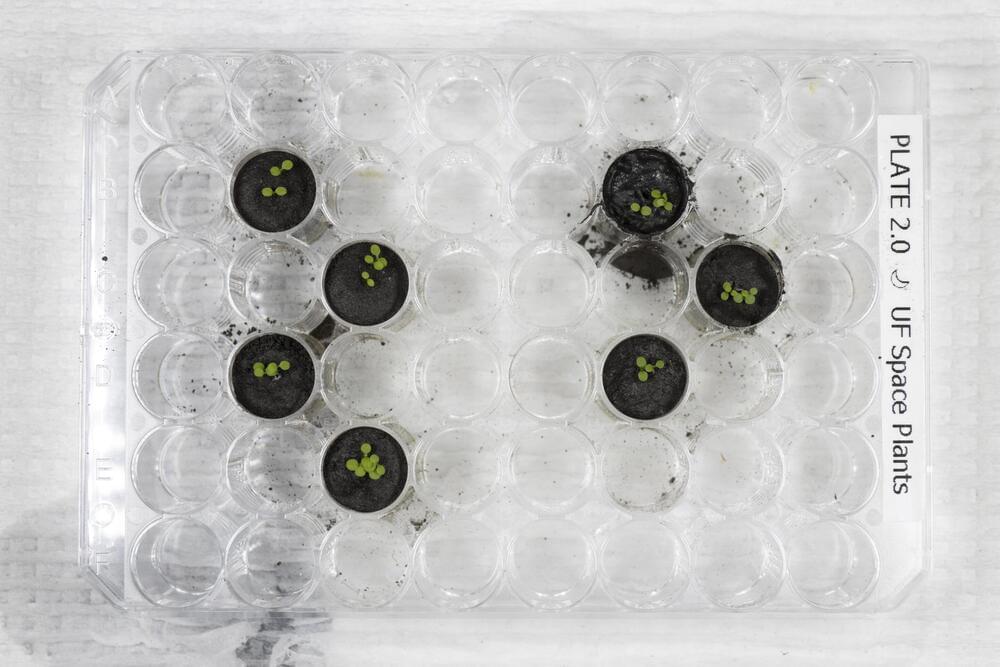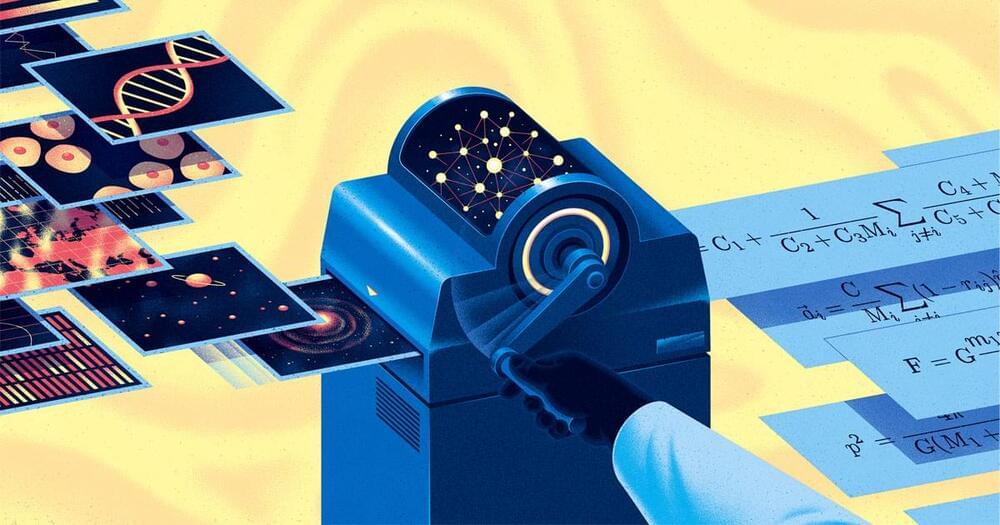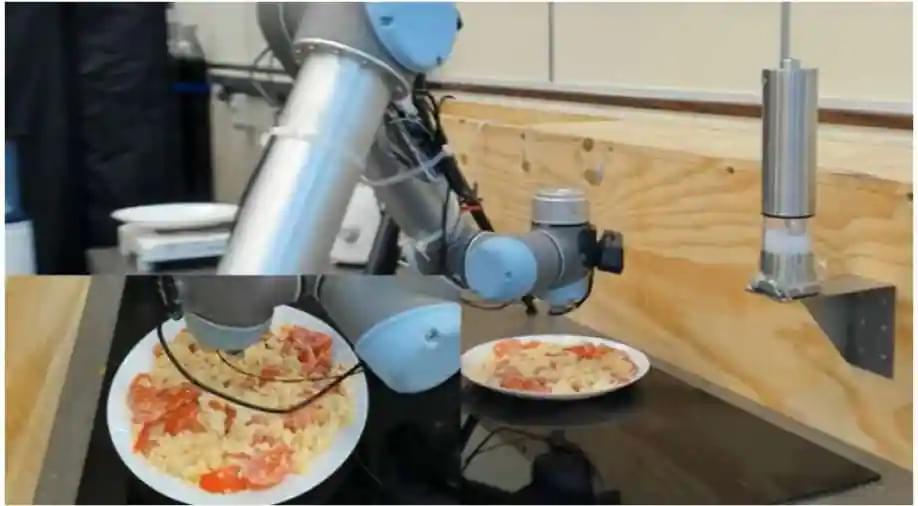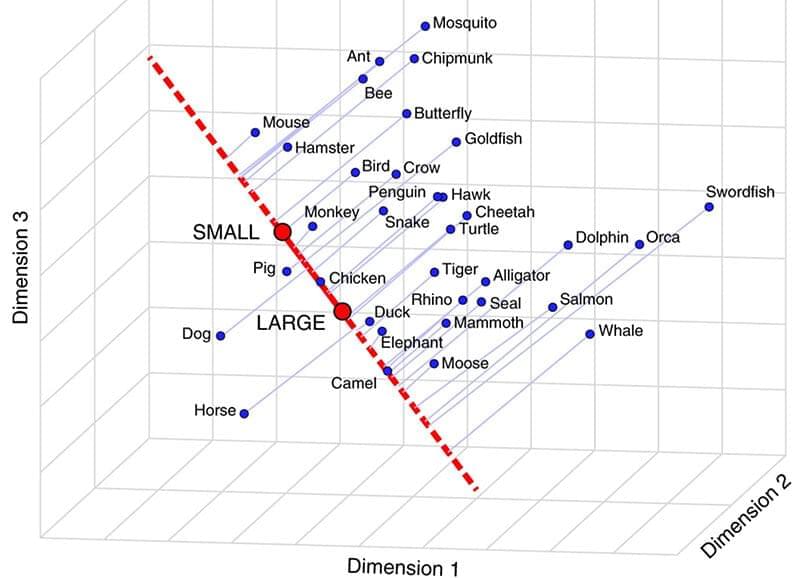In the not-too-distant future, many of us may routinely use 3D headsets to interact in the metaverse with virtual iterations of companies, friends, and life-like company assistants. These may include Lily from AT&T, Flo from Progressive, Jake from State Farm, and the Swami from CarShield. We’ll also be interacting with new friends like Nestlé‘s Cookie Coach, Ruth, the World Health Organization’s Digital Health worker Florence, and many others.
Creating digital characters for virtual reality apps and in ecommerce is a fast-rising new segment of IT. San Francisco-based Soul Machines, a company that is rooted in both the animation and artificial intelligence (AI) sectors, is jumping at the opportunity to create animated digital avatars to bolster interactions in the metaverse. Customers are much more likely to buy something when a familiar face — digital or human — is involved.
Investors, understandably, are hot on the idea. This week, the 6-year-old company revealed an infusion of series B financing ($70 million) led by new investor SoftBank Vision Fund 2, bringing the company’s total funding to $135 million to date.







